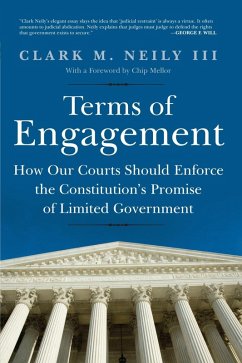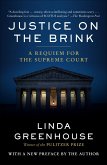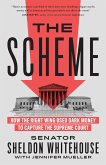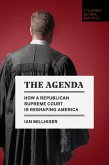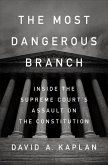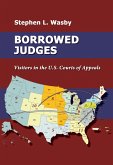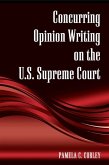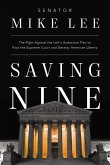The Constitution was designed to limit government power and protect individuals from the tyranny of majorities and interest-group politics. But those protections are meaningless without judges who are fully committed to enforcing them, and America's judges have largely abdicated that responsibility. All too often, instead of judging the constitutionality of government action, courts simply rationalize it, as the Supreme Court did in upholding the Affordable Care Act, which represented the largest-and most blatantly unconstitutional-expansion of federal power since the New Deal.
The problem lies not with the Constitution, but with courts' failure to properly enforce it. From the abandonment of federalism to open disregard for property rights and economic freedom, the Supreme Court consistently protects government prerogatives at the expense of liberty. The source of this error lies in the mistaken belief on both the left and the right that the leading constitutional value is majority rule and the chief judicial virtue is reflexive deference to other branches of government. This has resulted in a system where courts actually judge the constitutionality of government action in the handful of cases they happen to care about, while merely pretending to judge in others.
The result has been judicial abdication, removing courts from their essential role in the system of checks and balances so carefully crafted by our Founders. This book argues that principled judicial engagement-real judging in all cases with no exceptions-provides the path back to constitutionally limited government.
The problem lies not with the Constitution, but with courts' failure to properly enforce it. From the abandonment of federalism to open disregard for property rights and economic freedom, the Supreme Court consistently protects government prerogatives at the expense of liberty. The source of this error lies in the mistaken belief on both the left and the right that the leading constitutional value is majority rule and the chief judicial virtue is reflexive deference to other branches of government. This has resulted in a system where courts actually judge the constitutionality of government action in the handful of cases they happen to care about, while merely pretending to judge in others.
The result has been judicial abdication, removing courts from their essential role in the system of checks and balances so carefully crafted by our Founders. This book argues that principled judicial engagement-real judging in all cases with no exceptions-provides the path back to constitutionally limited government.
Dieser Download kann aus rechtlichen Gründen nur mit Rechnungsadresse in A, D ausgeliefert werden.

